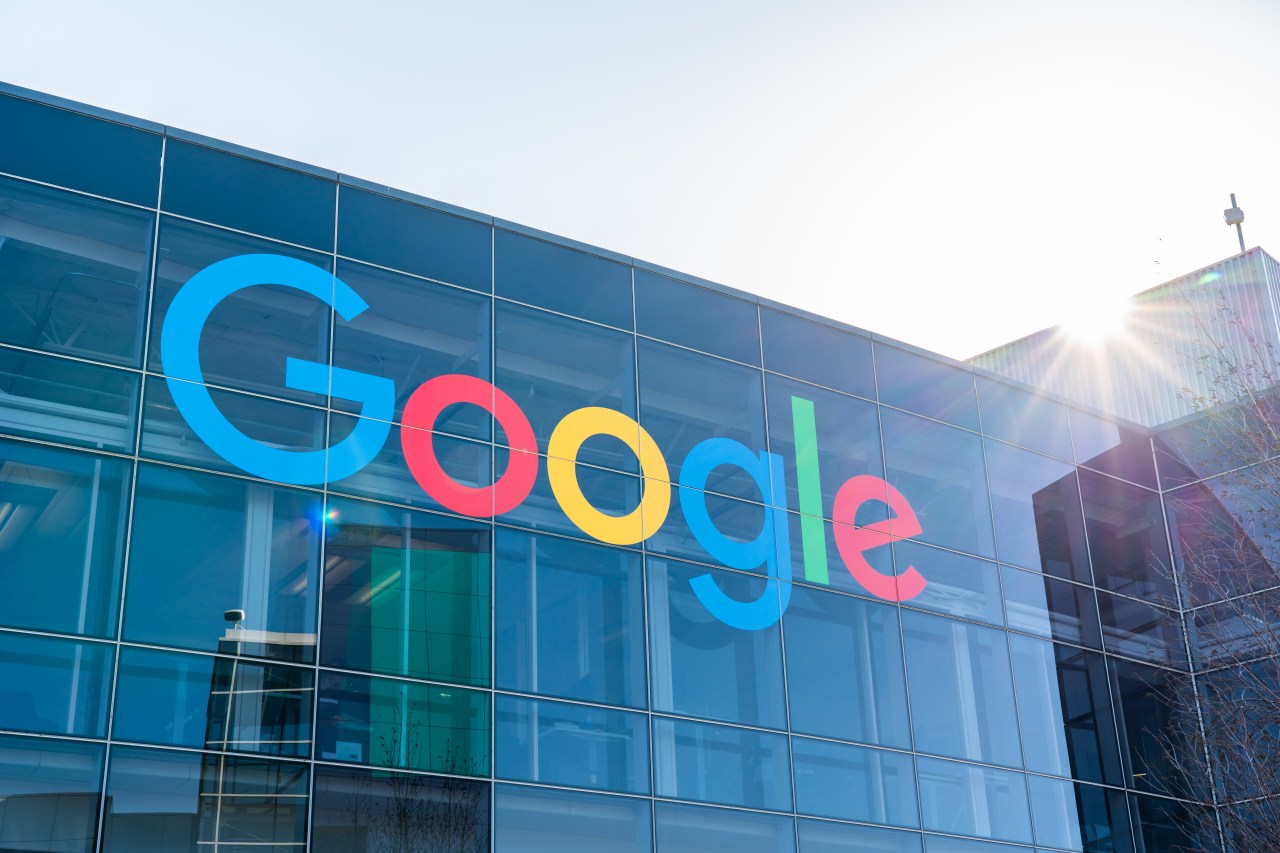The highly anticipated generative AI model from Google, Gemini, has officially been released, but the excitement surrounding its launch may not match expectations. While its public debut is marked by a new version, Gemini Pro, it’s merely a prelude to a more robust incarnation—Gemini Ultra—coming next year. In this blog, we’ll delve into the nuances of Gemini’s current offering and uncover what sets this generational leap apart from its predecessors and competitors.
The Structure of Gemini: A Family of Models
Gemini isn’t just a single AI model but rather a suite of models designed to cater to myriad applications. Specifically, it comprises three distinct personalities:
- Gemini Pro: Intended for broader applications, it serves as the bridge product, now powering Bard.
- Gemini Ultra: This expected powerhouse will emerge with enhanced capabilities later.
- Gemini Nano: A lightweight version tailored for low and high-memory devices, suitable for diverse user environments.
This stratified approach aligns with the growing demand for adaptable AI solutions across different platforms—from enterprise-level endeavors to mobile applications.
What Sets Gemini Pro Apart?
Launching as part of Bard, Gemini Pro is heralded for its fundamental improvements in reasoning, planning, and comprehension compared to earlier models. However, while Sissie Hsiao from Google highlights these enhancements, the lack of independent verification of these claims raises eyebrows. Users are encouraged to explore Gemini Pro’s capabilities first-hand, although the initial rollout primarily supports text-based interactions in English.
Enterprise Applications and Future Prospects
The model aims to find a foothold within Google’s ecosystem, making its way to tools such as Google’s Vertex AI and the Generative AI Studio. By tapping into applications across platforms like Duet AI, Chrome, and various ads—Gemini endeavors to elevate productivity. The focus now shifts to enterprise customers who will see Gemini Pro surface on December 13.
Moreover, Gemini Nano is set for a preview launch within the Google AI Core app, currently available only for Android 14 on the Pixel 8 Pro, demonstrating Google’s intent to drive innovation on mobile devices. This initiative highlights the company’s focus on real-time applications such as messaging and data summarization—important functionalities in our fast-paced digital world.
A Glimpse into Gemini Ultra
As Google prepares for the launch of Gemini Ultra, expectations soar regarding its capabilities. From promising native multimodality to enhanced performance on complex tasks, the potential seems vast. Gemini Ultra claims to excel in both theoretical and applied problem-solving, surpassing competitors like OpenAI’s GPT-4, particularly with intricate topics. Yet, the degree of improvement remains questionable, as the benchmarks reveal only marginal gains over GPT-4.
Interestingly, while Gemini Ultra appears to offer strong features, challenges loom large. Reports mention that Google hasn’t completely ironed out its ability to manage non-English queries—raising flags about its global applicability. Additionally, the absence of concrete timelines for advanced functionalities such as image generation leaves users waiting in anticipation.
Ethical Considerations and Training Data Concerns
One significant aspect shrouded in ambiguity is Gemini’s training datasets. Despite deep learning models relying on many sources for their training, Google has been notably reticent about specifics. Allegations surrounding IP rights for training data loom larger as competitive tensions in the AI field intensify. As industry players struggle to balance innovation with ethical considerations, Google’s approach remains a topic for scrutiny. Transparency about data sources, licensing, and compensation for creators appears necessary as the field evolves.
Conclusion: A Work in Progress
While the launch of Gemini feels like an important step for Google, both its strengths and limitations are beginning to frame the conversation around its future trajectory. It’s essential to recognize that Gemini serves as a preliminary chapter in what is expected to be a series of advancements in generative AI. As the tech giant continues to refine its models amidst competitive pressures, the capabilities of Gemini will likely evolve further, potentially surpassing current boundaries.
At **[fxis.ai](https://fxis.ai/edu)**, we believe that such advancements are crucial for the future of AI, as they enable more comprehensive and effective solutions. Our team is continually exploring new methodologies to push the envelope in artificial intelligence, ensuring that our clients benefit from the latest technological innovations. For more insights, updates, or to collaborate on AI development projects, stay connected with **[fxis.ai](https://fxis.ai/edu)**.

